Supporting Adults with IDD: A Toolkit for Primary Care Providers
The IDD Toolkit is a comprehensive resource designed to help primary care providers deliver high-quality care to adults with intellectual and [...]
The IHDD provides materials and resources to promote inclusion, education, and support for individuals with disabilities and their families.
The resources page on the UW IHDD website is a valuable hub of information and support for multiple audiences. For individuals with disabilities and their families, the page provides a wide range of resources to enhance their quality of life, including information on assistive technology, access to healthcare, inclusive education practices, and community support services.
With its comprehensive collection of resources, the UW IHDD website serves as a vital platform for empowerment, education, and collaboration in promoting inclusive opportunities for all.
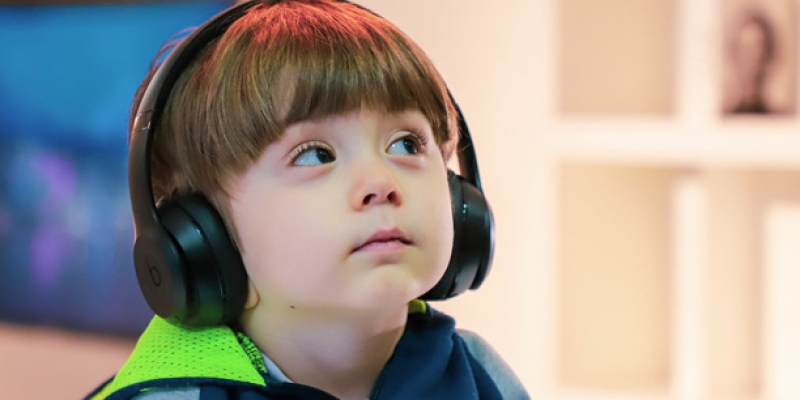
Resources for individuals with autism and their families: groups, therapy, education, recreation in the Seattle area.
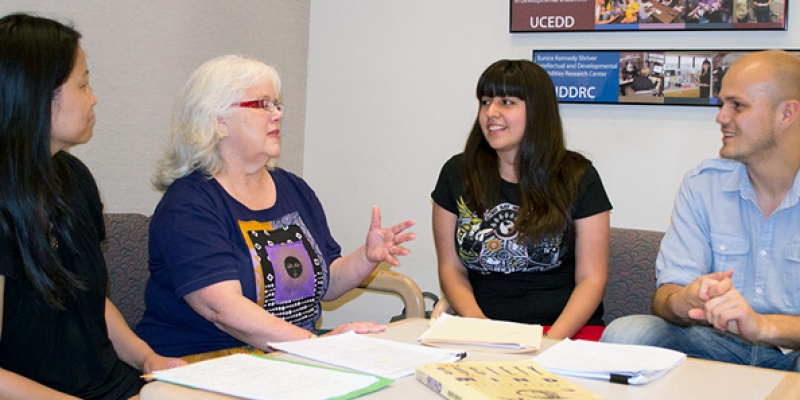
Comprehensive resource to support effective care coordination among providers, patients, and their families.
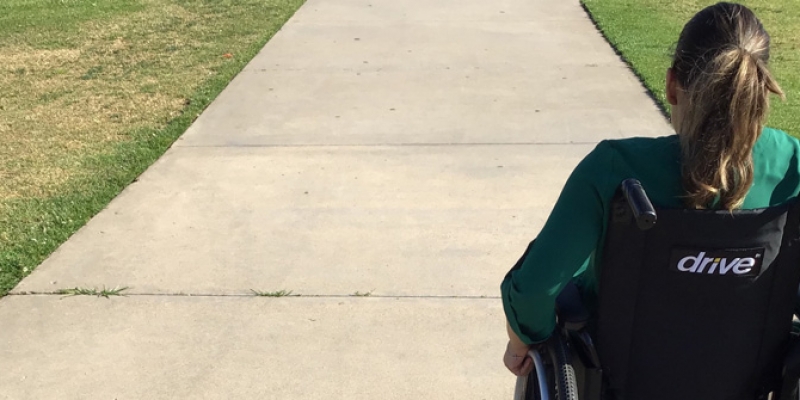
Professional and public resources for information and perspectives on disability equity and inclusion.
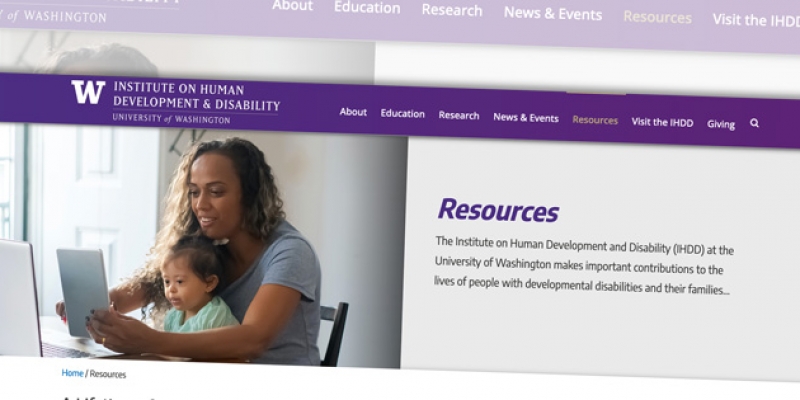
Organizations in policy advocacy that support disability rights and the well-being of individuals with disabilities.
Please check out the following materials aimed at promoting inclusion, education, and support for individuals with developmental disabilities and staying informed of resources for the disability community.
Would you like to visit/train/research/learn more about us?
Current scientific core facilities enhance the effectiveness of CRA members and other scientists carrying out their research as part of the IDDRC. Scientific core support facilities are as follows: (1) Early Childhood, (2) School Age, (3) Young Adult, and (4) Adulthood. Other IDDRC activities include training researchers in various disciplines, disseminating research findings, and maintaining linkages to clinical training activities and exemplary service programs to maximize translational impact.
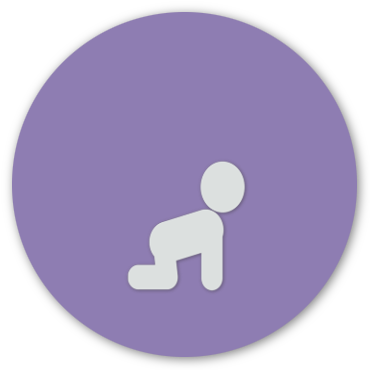
Infants & Early Childhood
Where family–community partnerships provide all families the supports they need to nurture, teach, and advocate for their children.
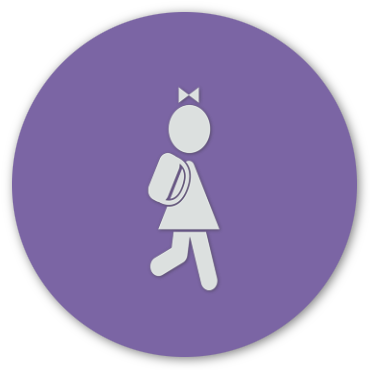
School Age
Where the capacity of educational systems and universally designed services meet the needs of all students.
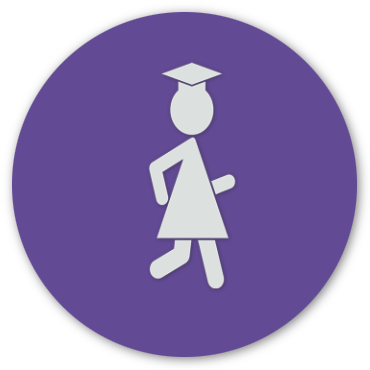
Young Adult
Where the access is improved and expanded to provide opportunities for competitive integrated employment and community living.
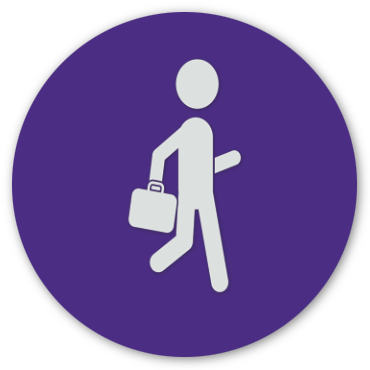
Adulthood
Where individuals participate in all facets of community life and have choice and control over their health and independence.